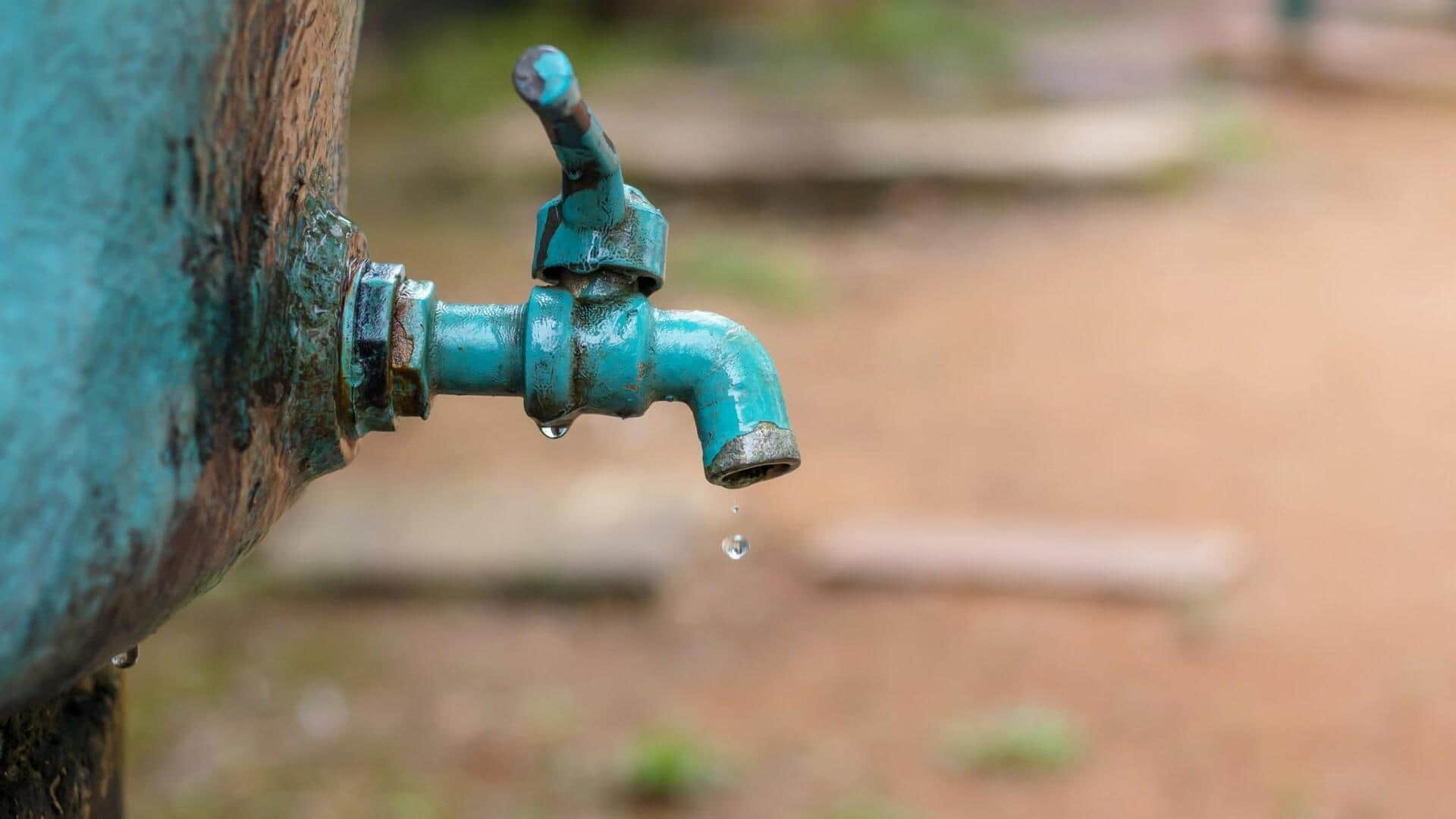
This new method could solve the world's growing water crisis
What's the story
Water scarcity is a growing global concern, with half of the world's population facing severe water shortages for at least one month every year, according to the United Nations. The problem is expected to worsen in the coming decades due to climate change, depletion of aquifers, saltwater intrusion, and rising urban populations. A radical new desalination technology could be a solution: deep-sea desalination plants on the ocean floor.
Technological evolution
The idea behind deep-sea desalination
The concept of deep-sea desalination, first proposed in the early 1960s, is now becoming a reality thanks to recent technological advancements. These include deep-sea robots from the oil and gas industry and advanced reverse-osmosis filters used in land-based desalination. The idea is to take advantage of the ocean's extreme natural pressure at depths of over 1,312 feet.
Process innovation
How reverse-osmosis is changing desalination
Desalination has been a lifeline for many regions, but it's often expensive. The traditional method involves boiling seawater to create steam that drives power-generating turbines. However, the introduction of reverse-osmosis around the year 2000 changed everything. This process uses a plastic membrane with tiny holes to filter water molecules from salt and other impurities, reducing energy consumption by nearly half.
Environmental benefits
Companies exploring deep-sea desalination
Companies like Flocean, Waterise, and OceanWell are exploring deep-sea desalination. The process takes advantage of the ocean's natural pressure. This not only saves energy but also keeps these facilities away from shorelines, reducing environmental concerns like marine life intake and brine outflow. At such depths, the byproduct is quickly diluted by the ocean without harming aquatic life.
Market potential
These companies are still in early stages
Despite their promise, these companies have only built small pilot plants so far. They are now looking for long-term contracts with governments to turn these tech demos into actual businesses. Flocean's first customer will be an offshore industrial facility in Norway, while Waterise has signed a deal with Jordan Phosphates Mines to provide desalinated water from deep in the Gulf of Aqaba.